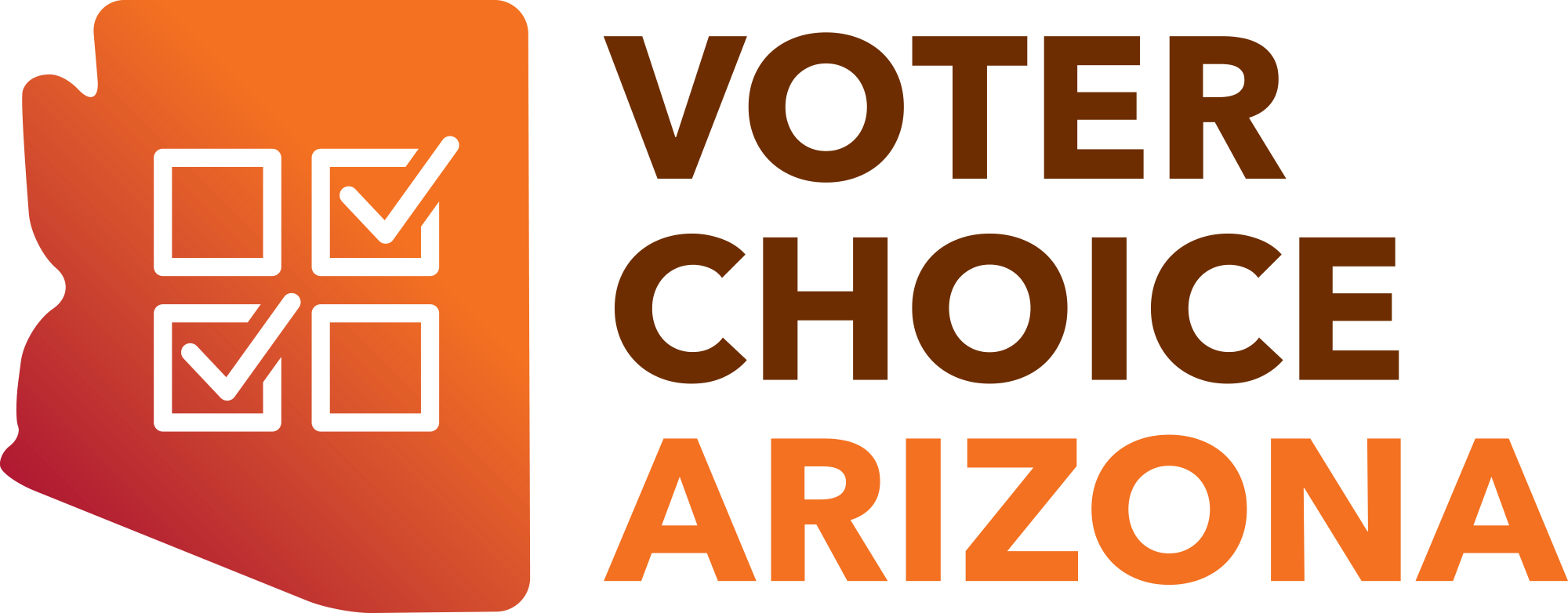Thanks to the Texas State Legislature, gerrymandering is in the news. The efforts by the Texas GOP to add to their representation in the U.S. House of Representatives has triggered a backlash in states like California.
While some may sympathize with Gov. Newsom, it is important to remember that what gerrymandering really does is deprive the people of their sovereignty and place it in the hands of those who draw the lines. No matter who draws those lines, such action is counter to the fundamental principles of representative democracy.
However, that does not mean we have to sit on our hands and do nothing. There is a model for a reform that would offset the effects of gerrymandering by putting power back where it belongs, into the hands of the people. All we have to do is look North… to Alaska.
Alaska passed historic election reform in 2020, adopting a system called Final Four Voting.
A recent vote in the Alaska legislature provides an example of how this type of election reform immunizes a government body from the effects of gerrymandering.
A little background. Alaska’s legislature is composed of a House of Representatives and a Senate. There are 60 total members of the Alaska Legislature: 32 Republicans, 23 Democrats, and 5 independent or non-affiliated members.
The Alaska legislature recently sent its budget to the governor. The governor, who has a line-item veto power, chose to veto an increase in the base funding for Alaska’s schools. A majority of Alaskan’s polled favored an increase in funding. However, most of us know that it takes a lot for elected officials to vote against their party.
The Alaska legislature was able to override the governor’s veto when 10 Republicans voted against their governor and their Party. This is nearly a third of the total Republicans in the Alaska legislature.
Can you imagine nearly a third of the Republicans in Congress voting against their party and Mr. Trump? Of course not. Realistically, it is doubtful that Congressional Democrats would behave any differently if the shoe were on the other foot.
The reason for the difference is simple. In Alaska, because of the combination of both open primaries and ranked choice voting, legislators are responsible to all of their constituents, and not just a small, partisan base. This change encourages Alaska’s legislators to work for their communities, rather than having to blindly follow the dictates of their party in order to avoid being “primaried” in the next election.
Whether or not the override was a good policy is a matter of opinion for those who know far more about the issue. The point here is that a large number of legislators broke with their party to vote for what they believed was in the best interest of their state and their constituents. This behavior occurred because Alaska’s election reforms took power away from the partisan few who dominate the primary system in most states and put it into the hands of the People.
Sadly, Arizonans and most Americans can only dream of such responsible behavior from their elected representatives. That is because the current system benefits the factional few, and not the citizenry as a whole. That is the reason most of us find ourselves going to the polls and shaking our heads in frustration as we are continually forced to choose the lesser of two evils.
Alaska’s experience demonstrates that the government can be better and more representative of the will of the People. Arizonan’s deserve real representation in government. Alaska’s experience shows us the way forward.
Voter Choice Arizona is a non-partisan, non-profit organization dedicated to bringing reforms like those used in Alaska to Arizona. Reforms that make elections more fair, and Arizona’s government more representative and accountable to everyone. You can learn more by visiting us at vcaz.org.
Mark Cable
Volunteer
Voter Choice Arizona
Surprise, Arizona
Sources:
